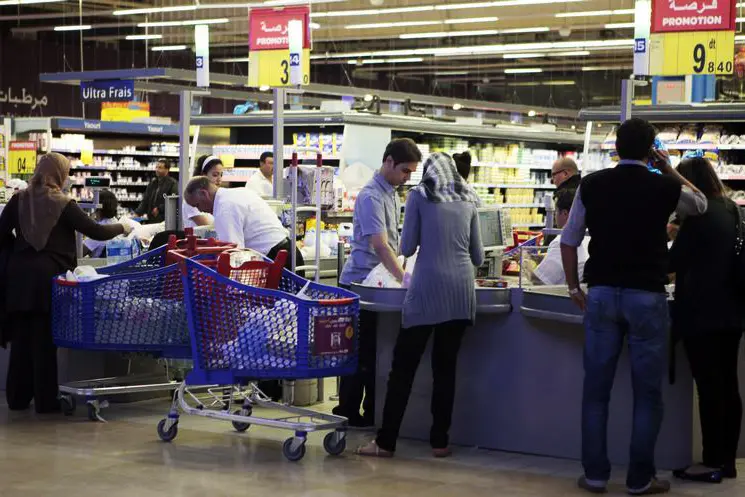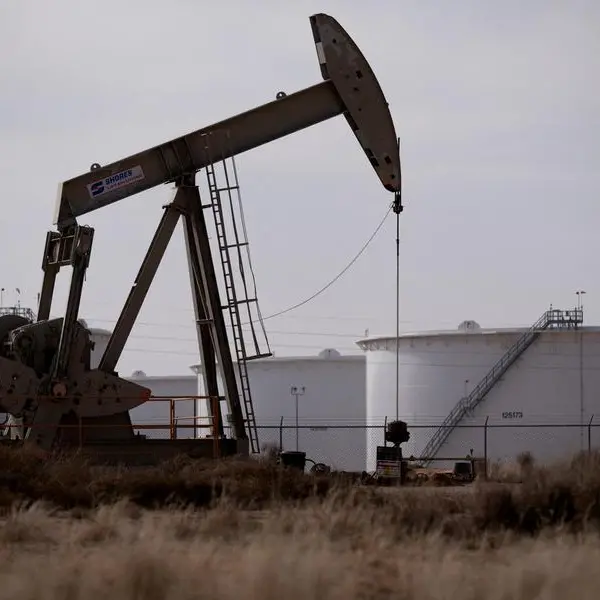PHOTO
TUNIS- Tunisia will not cut public salaries and subsidies for food and petrol next year, a move which may avert protests but sets the country on a confrontation course with its lenders.
Finance Minister Ridha Chalgoum said the government wanted to raise taxes and custom duties on some goods to bring down the deficit. But Tunisia will stick to a deal with powerful labour unions to increase public salaries in 2018.
Therefore "the salary bloc (in the budget) will rise in 2018 to 14.750 billion dinars ($5.95 billion) compared to 14.3 billion dinars in 2017," Chalgoum told reporters.
Tunisia is under pressure from the International Monetary Fund (IMF) and its partners to speed up reforms to create jobs and cut its deficit after its tourism sector was hit by militant attacks in 2015.
In April, the IMF agreed to release a delayed $320 million tranche of Tunisia's $2.8 billion in loans, on condition that it raise tax revenue, reducing the public wage bill and cut popular energy subsidies.
Chalgoum said the government was ready to cut subsidies for food, petrol and transport but would leave them stable at $3.5 billion in 2018 until it had conducted studies to see who benefited most from them.
"Before to start with this we need a national consensus with all parties and unions," he said when asked about cuts.
Labour unions have threatened to stage protests or strikes should taxes be increased.
Tunisia wanted to raise tax revenues by 10 percent in 2018 to 23.5 billion dinars, he said. Small companies would be taxed based on their profit instead of a previous small flat taxation.
On Monday the government said it would raise VAT and lay off 3,000 public servants -- to which the finance minister made to reference at a news conference.
Six years after an uprising ended Zine El-Abidine Ben Ali's autocratic rule, Tunisia has made progress towards democracy.
But successive governments failed to push through some of the painful reforms needed to overhaul public spending.
In April, Prime Minister Youssef Chahed replaced his finance minister Lamia Zribi after she had faced criticism from opponents over the sharp fall in the dinar currency and slow progress in reforms.
Under the 2018 budget, the deficit will fall to 4.9 percent of gross domestic product in 2018, from about 6 percent expected in 2017. Tunisia also seeks to raise GDP growth to about 3 percent next year against 2.3 percent this year.
($1 = 2.4778 Tunisian dinars)
(Reporting by Tarek Amara and Ulf Laessing; Editing by Angus MacSwan) ((Ulf.Laessing@thomsonreuters.com; Reuters Messaging: follow me on twitter @ulflaessing))





















